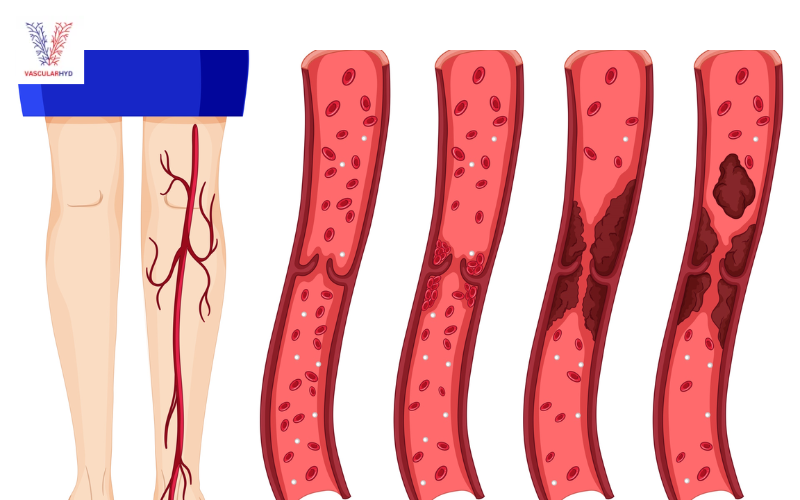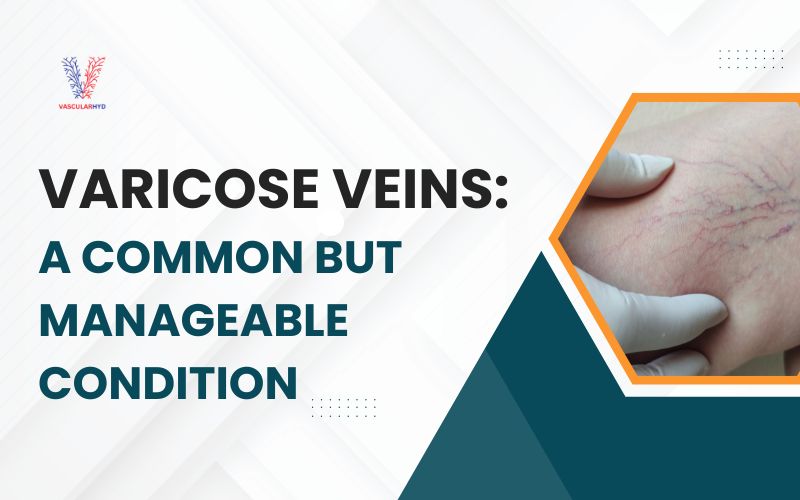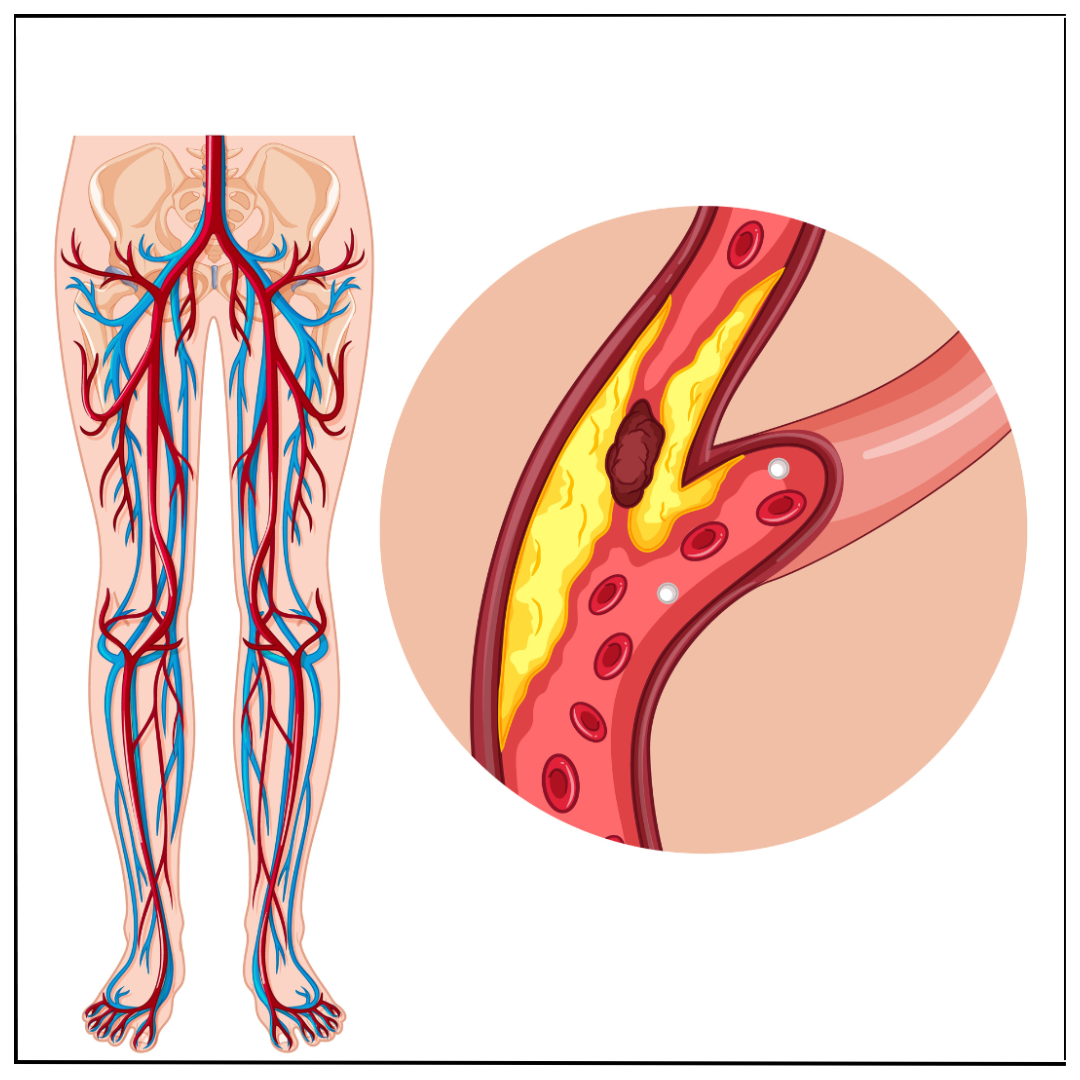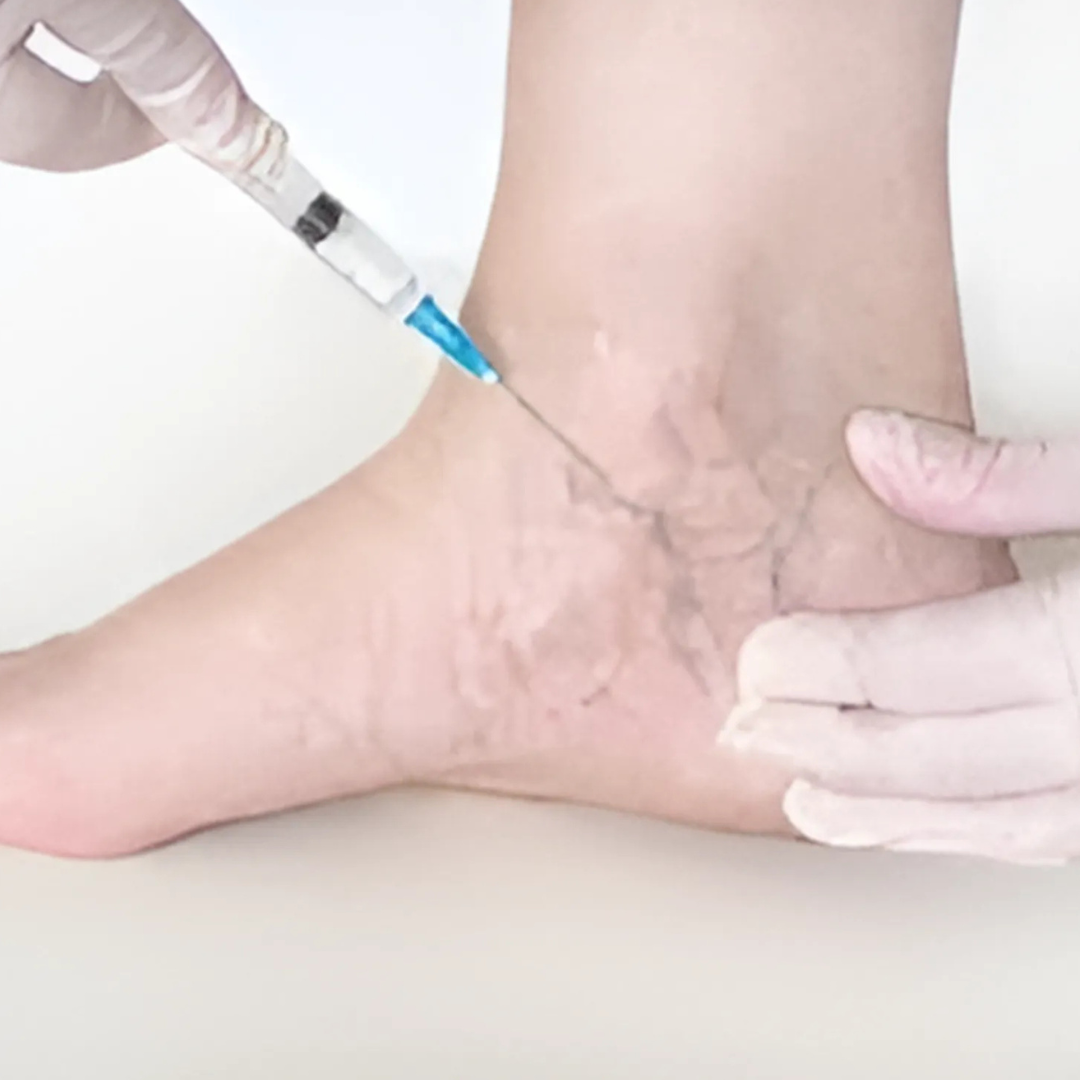Blood clots are a serious medical condition that can lead to life threatening complications if left untreated. While clotting is a natural process to prevent excessive bleeding, abnormal or misplaced clots can block blood flow causing damage to vital organs and tissues. In this article we’ll answer the important question: What happens if you ignore a blood clot?
Recognizing the early signs and understanding the risks can help prevent complications like deep vein thrombosis (DVT) pulmonary embolism (PE) or even stroke. If you suspect a clot don’t delay—seek medical help immediately.
Understanding Blood Clots
A blood clot is a mass of blood that has changed from a liquid to a gel like or semisolid state. While they play a key role in healing injuries, clots that form in the veins or arteries without injury can be dangerous. These abnormal clots can travel to the lungs, heart or brain leading to life threatening conditions.
Clots can occur in various parts of the body:-
- Deep veins of the legs or arms (Deep Vein Thrombosis)
- Lungs (Pulmonary Embolism)
- Heart arteries (which can trigger a heart attack)
- Brain arteries (leading to stroke)
What Happens If You Ignore a Blood Clot?
Ignoring a blood clot can have serious consequences. The risks vary depending on the location size and duration of the clot. Here are the most common and dangerous outcomes:-
1. Pulmonary Embolism (PE)
A pulmonary embolism occurs when a clot in the deep veins—usually in the leg—breaks off and travels to the lungs blocking a pulmonary artery. This is a life threatening emergency.
Symptoms of PE include:-
- Sudden shortness of breath
- Chest pain that worsens with deep breathing
- Rapid heart rate
- Coughing sometimes with blood
Ignoring a blood clot in the leg can directly lead to this critical condition.
2. Deep Vein Thrombosis (DVT)
DVT typically occurs in the legs and causes swelling, pain, warmth and redness. While it may seem like a minor issue at first, untreated DVT can lead to permanent vein damage and post thrombotic syndrome which causes long term leg pain and swelling.
Ignoring DVT significantly increases your risk of PE and chronic venous insufficiency.
3. Stroke
A blood clot that travels to the brain can block blood flow and lead to a stroke. This results in loss of brain function which may be temporary or permanent depending on how quickly it's treated.
Symptoms include:-
- Sudden numbness or weakness on one side of the body
- Slurred speech or difficulty understanding speech
- Loss of balance or coordination
- Severe headache
Ignoring stroke symptoms caused by a clot can lead to irreversible brain damage or even death.
4. Heart Attack
Clots in the coronary arteries can block oxygen supply to the heart leading to a heart attack. Common signs include chest pressure, shortness of breath and discomfort in the arms or neck.
Ignoring early warning signs can be fatal.
Who Is at Risk for Blood Clots?
Several factors increase your risk of developing a blood clot:-
- Prolonged immobility (long flights, bed rest)
- Surgery or trauma or accident
- Smoking
- Obesity
- Pregnancy
- Certain medications (birth control pills hormone therapy)
- Genetic clotting disorders like protein C and S deficiency
- Cancer and chemotherapy
- Chronic conditions like heart disease diabetes or high blood pressure
If you're in a high risk group it’s essential to be proactive about prevention and regular checkups.
Warning Signs You Shouldn’t Ignore
Clots can develop silently but when symptoms appear they often include:-
- Swelling in one leg or arm
- Pain or tenderness especially in the calf
- Skin discoloration (reddish or bluish)
- Warmth in the affected area
- Shortness of breath chest pain dizziness
If you experience any of these symptoms especially after recent surgery, long travel or long inactivity consult a vascular specialist without delay.
How Blood Clots Are Diagnosed
Timely diagnosis is critical At Vascular Hyd we use advanced vascular imaging techniques to detect clots safely and efficiently including:-
- Doppler Ultrasound
- CT Angiography
- D Dimer Blood Test
- Venography
Early detection leads to better outcomes and reduces the chance of complications.
Treatment Options for Blood Clots
Treatment depends on the location, size, clinical severity and cause of the clot formation.
Common treatments include:-
- Blood Thinners (Anticoagulants) → Prevent new clots from forming
- Thrombolytics → Medications to dissolve larger or life threatening clots
- Compression Stockings → Help reduce swelling and prevent future clots
- Vena Cava Filter → Prevents clots from traveling to the lungs in high risk cases and those cannot be given blood thinner
- Surgical Thrombectomy → Rarely surgical removal of the clot may be necessary
Ignoring a blood clot reduces your treatment options and increases the risk of long term complications.
How to Prevent Blood Clots
Prevention is better than cure You can significantly reduce your risk by:-
- Staying active and avoiding prolonged sitting
- Staying hydrated
- Wearing compression stockings during long travel
- Maintaining a healthy weight
- Quitting smoking
- Following your doctor’s advice if you’re on blood thinners
- Effectively managing chronic conditions like diabetes or hypertension
If you have a family history or past experience with blood clots regular follow ups with a vascular specialist are essential.
When to See a vascular Specialist
A general physician can help with early symptoms but a vascular and endovascular surgeon is best equipped to diagnose and manage blood clot related conditions. These specialists understand the complexities of the vascular system and provide expert care to prevent complications.
Expert Care with Dr Rahul Agarwal at Vascular HYD
If you're experiencing symptoms or have concerns about blood clots don’t wait Dr Rahul Agarwal one of Hyderabad’s leading Vascular and Endovascular Specialists is here to help. With extensive experience in diagnosing and treating vascular conditions, Dr Agarwal offers personalized care using the latest medical practices.
At Vascular Hyderabad we are committed to helping you:-
- Detect clots early
- Prevent life threatening complications
- Get the right treatment based on your unique needs
- Maintain long term vascular health
Book Your Consultation Today
Blood clots are serious—but they are treatable with the right medical attention. If you’re wondering what happens if you ignore a blood clot the answer is clear: it could lead to severe complications or even be fatal.
Take control of your health and book a consultation with Dr Rahul Agarwal at https://vascularhyd.com Timely intervention can save your life.





 What You Need to Know.jpg)


.png)
